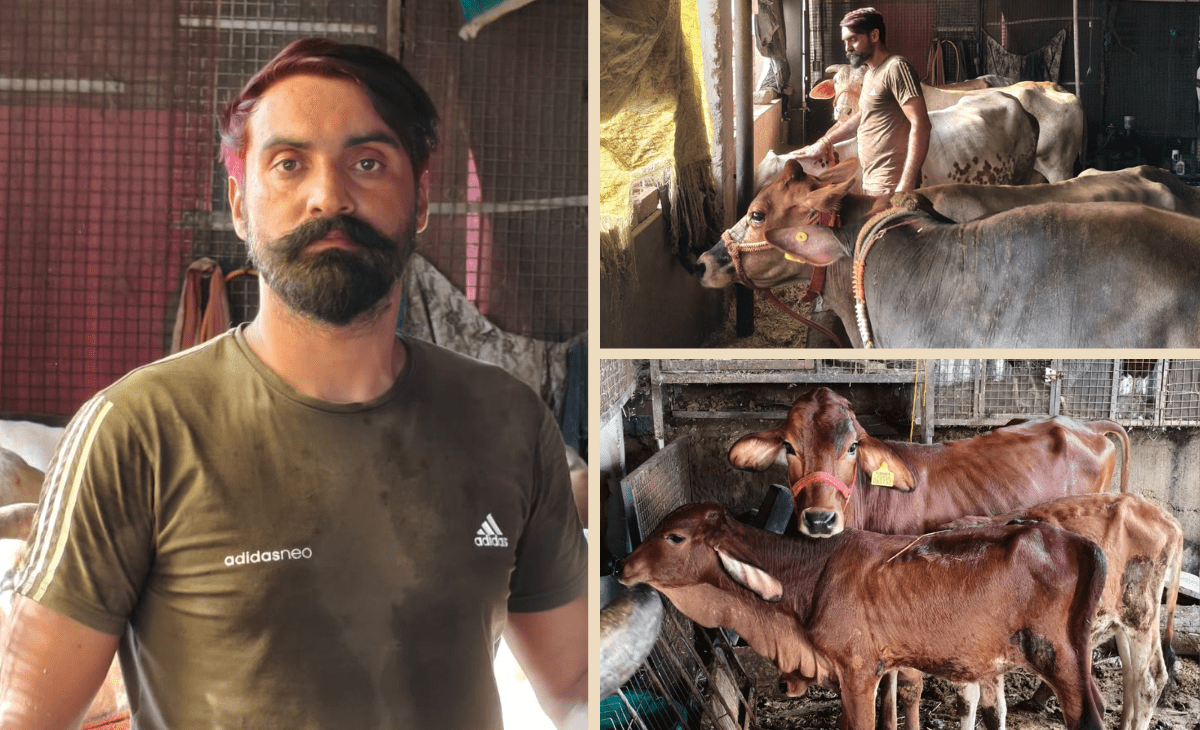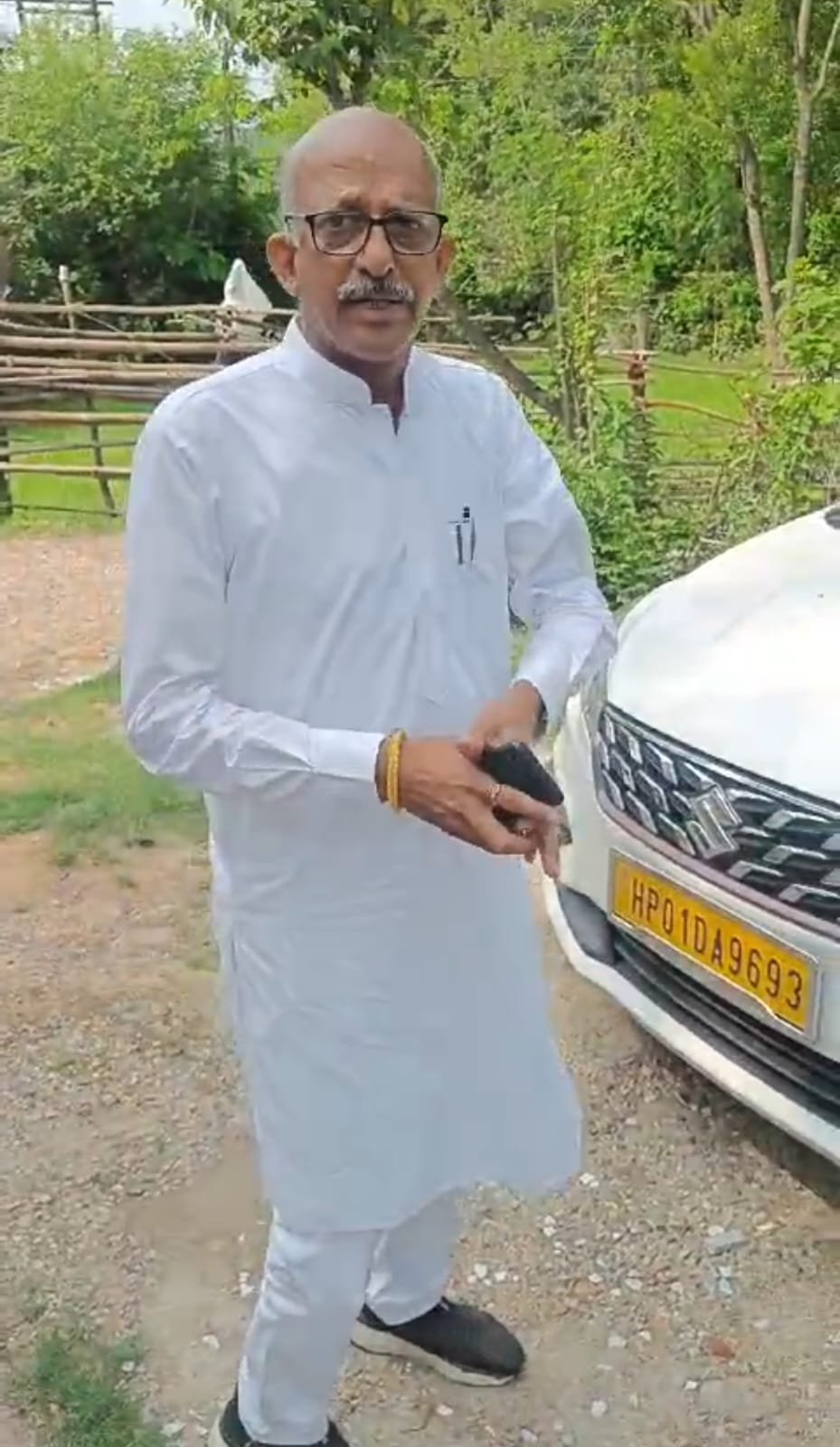Sex-sorted semen technology boosting dairy income and tackling stray cattle issue
Munish Sood
Mandi
When Bhupinder Singh, a farmer from Alyana village in Sarkaghat, ventured into dairy farming two years ago, he started with just five Sahiwal cows brought from Rajasthan. Today, thanks to the Accelerated Breed Improvement Program introduced by the state animal husbandry department, Bhupinder earns over ₹1 lakh every month from milk production and has become a local example of how technology can transform rural livelihoods.
Out of the eight cows on his farm that received the sex-sorted semen vaccination under the program, six delivered female calves, significantly boosting his milk yield. “Currently, my 22 cows, including Sahiwal, Gir, and crossbreeds, produce more than 100 liters of milk every day, which I sell in the local market. This scheme not only improved my income but also helped reduce the problem of stray male calves,” he said. Bhupinder has even provided employment to another villager through his expanding dairy business.
A Program Changing Rural Economies
Bhupinder’s story is just one of many across Himachal Pradesh, where farmers are increasingly turning to artificial insemination technology to improve livestock productivity. Under the Accelerated Breed Improvement Program, the department uses sex-sorted semen technology to ensure that 90–95% of calves born are female.
Dr. Rajinder Singh Jaswal, in charge of the Sarkaghat Veterinary Hospital, explained that the method involves separating “Y” chromosomes and using only “XX” chromosomes, drastically improving the chances of female calf births. “So far, 603 cows have been covered under this initiative in Sarkaghat subdivision alone. The response from farmers has been very encouraging,” he said.
Tackling the Stray Cattle Challenge
The program also addresses another pressing rural concern—the rising number of abandoned male cattle. With mechanization replacing bullock-driven farming, male calves often end up as strays, crowding roads and creating safety hazards. By promoting the birth of female calves, the scheme reduces this burden while simultaneously boosting dairy productivity.
Affordable and Farmer-Friendly
The department has kept the scheme highly farmer-friendly, charging only ₹250 for two doses of insemination. If the attempt fails to result in female calves, the cost is partly or fully refunded. Breeds currently covered under the scheme include Jersey, Holstein, Sahiwal, and Gir.
Support Beyond Breeding
Along with insemination services, the veterinary department is also providing routine vaccinations, de-worming, health checks, and disease prevention support to livestock owners. This ensures that cattle remain healthy and productive, further raising farmers’ income.
Towards a Dairy Revolution in Himachal
Farmers like Bhupinder believe the initiative is a game-changer. “Today, bulls have little utility in farming, but milk from high-yielding cows has steady demand. This program is both an economic support system for farmers and a solution to the stray cattle menace,” he said, thanking the state government and Chief Minister Sukhvinder Singh Sukhu for the initiative.
With more farmers adopting the scheme, experts say Himachal Pradesh is on the path to a sustainable dairy revolution—one that promises higher incomes for farmers, healthier livestock, and fewer abandoned cattle on the roads.





